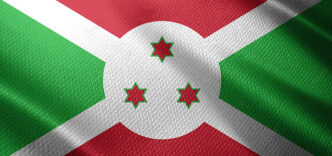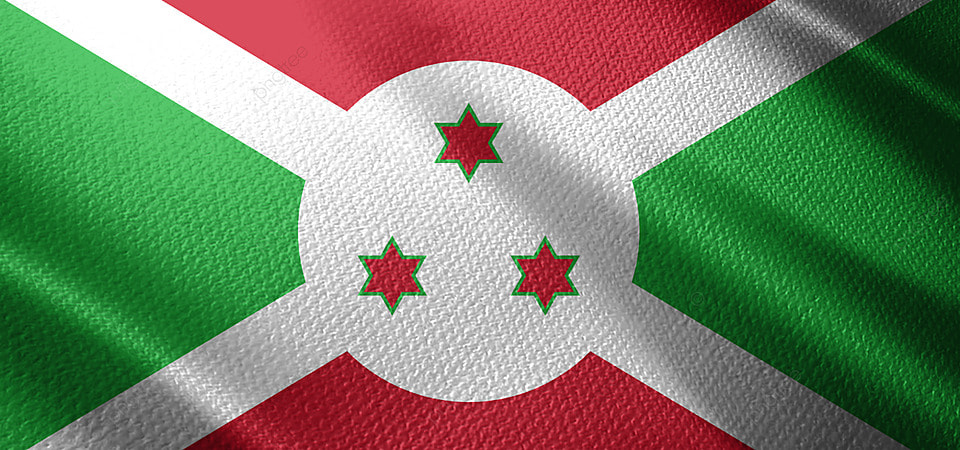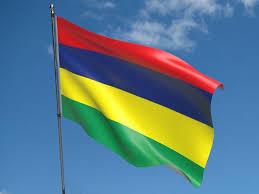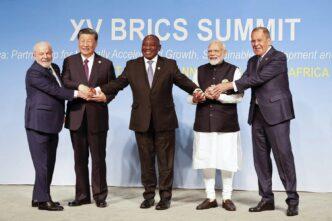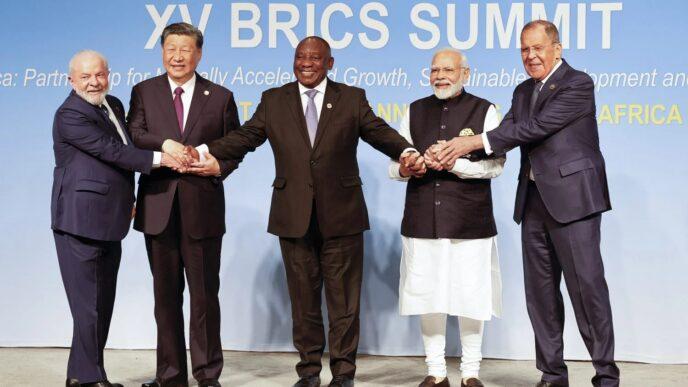On July 1, 1962, the sun rose on a free Burundi for the first time. After decades of colonial rule under Germany and Belgium, the proud East African nation emerged as an independent constitutional monarchy, ready to chart its course among nations. That day, the red, white, and green flag of Burundi waved not just as a banner of liberation, but as a promise of unity, dignity, and determination.
Sixty-three years later, the spirit of that promise continues to shape the heart of the nation.
A Glorious Dream, A Great Sacrifice
Burundi’s journey to independence was shaped by courageous dreams. At the forefront was Prince Louis Rwagasore, a charismatic nationalist and the founding leader of the Union for National Progress (UPRONA). In 1961, Rwagasore led UPRONA to a historic landslide victory, securing 58 of 64 parliamentary seats. His vision was bold and simple: a united Burundi, free from ethnic strife and foreign control.
But the celebration was short-lived. Just weeks after the elections, and mere months before independence, Rwagasore was assassinated, a devastating blow to a country on the verge of hope.
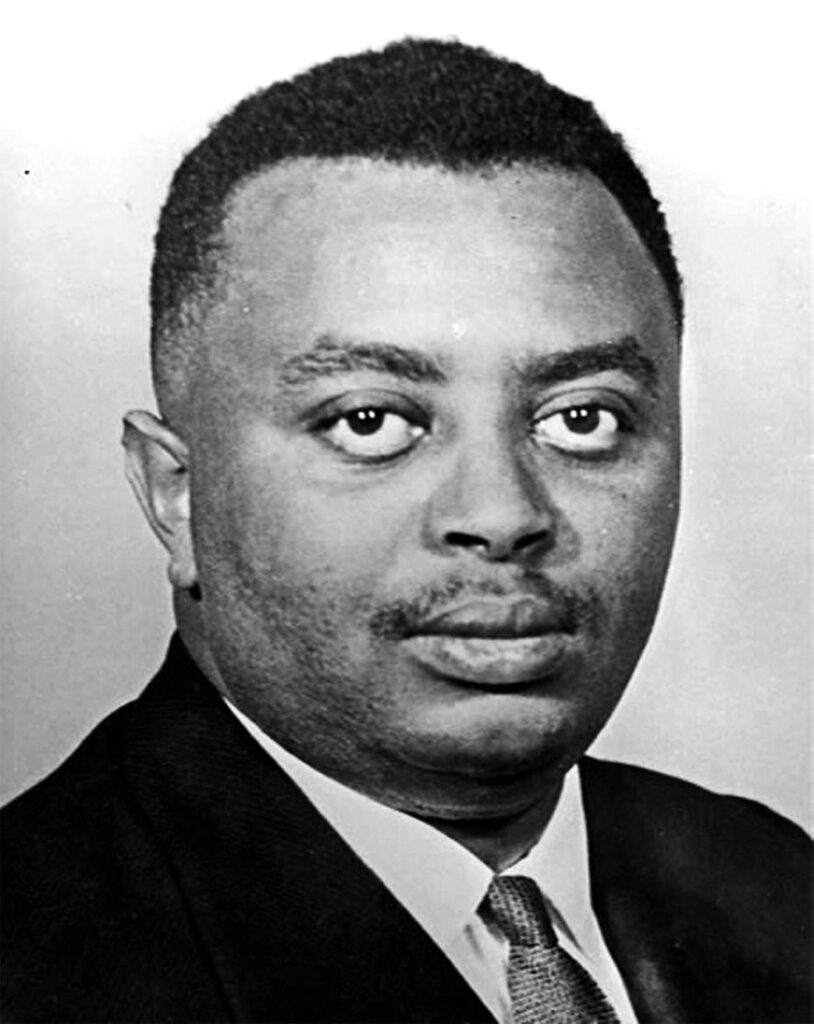
Still, Burundi pressed on. On July 1, 1962, the dream he ignited was realized. The nation became independent, with Mwami Mwambutsa IV as king. Though grief still lingered, so too did pride.
Celebrating the Nation Today
Today, Burundi’s Independence Day is a day of remembrance and resilience. In Gitega, the nation’s capital, citizens gather to lay wreaths at Rwagasore’s mausoleum, an act that binds history to the present. The streets come alive with military parades, drum troupes, traditional dancers, speeches, and fireworks that light up the night sky.
It’s a celebration that transcends the past. From school children reciting poems in Kirundi to elders recounting the days of colonial resistance, July 1 is not just a holiday, it’s a heartbeat. A collective moment to say: We remember. We belong. We are Burundi.
Today, the youth of Burundi are reclaiming the dream. Across provinces, young entrepreneurs, farmers, artists, and peacebuilders are shaping a future that honors the past while reaching for more. And that identity is powerful: a nation of proud cultures, vibrant traditions, fertile lands, and people who continue to rise
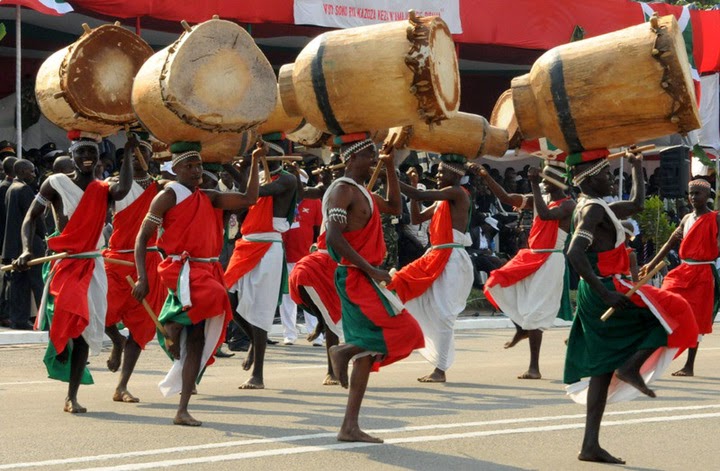
The Stars Still Shine
As the red, green, and white flag flutters above public squares today, the three six-pointed stars at its center still shine, representing the values of unity, labor, and progress. These ideals are more than just constitutional pillars; they are lived realities by those who continue to shape Burundi’s future with faith and strength.
This Independence Day, Burundi stands not as a country of struggle, but as a nation of survivors, dreamers, and builders.
